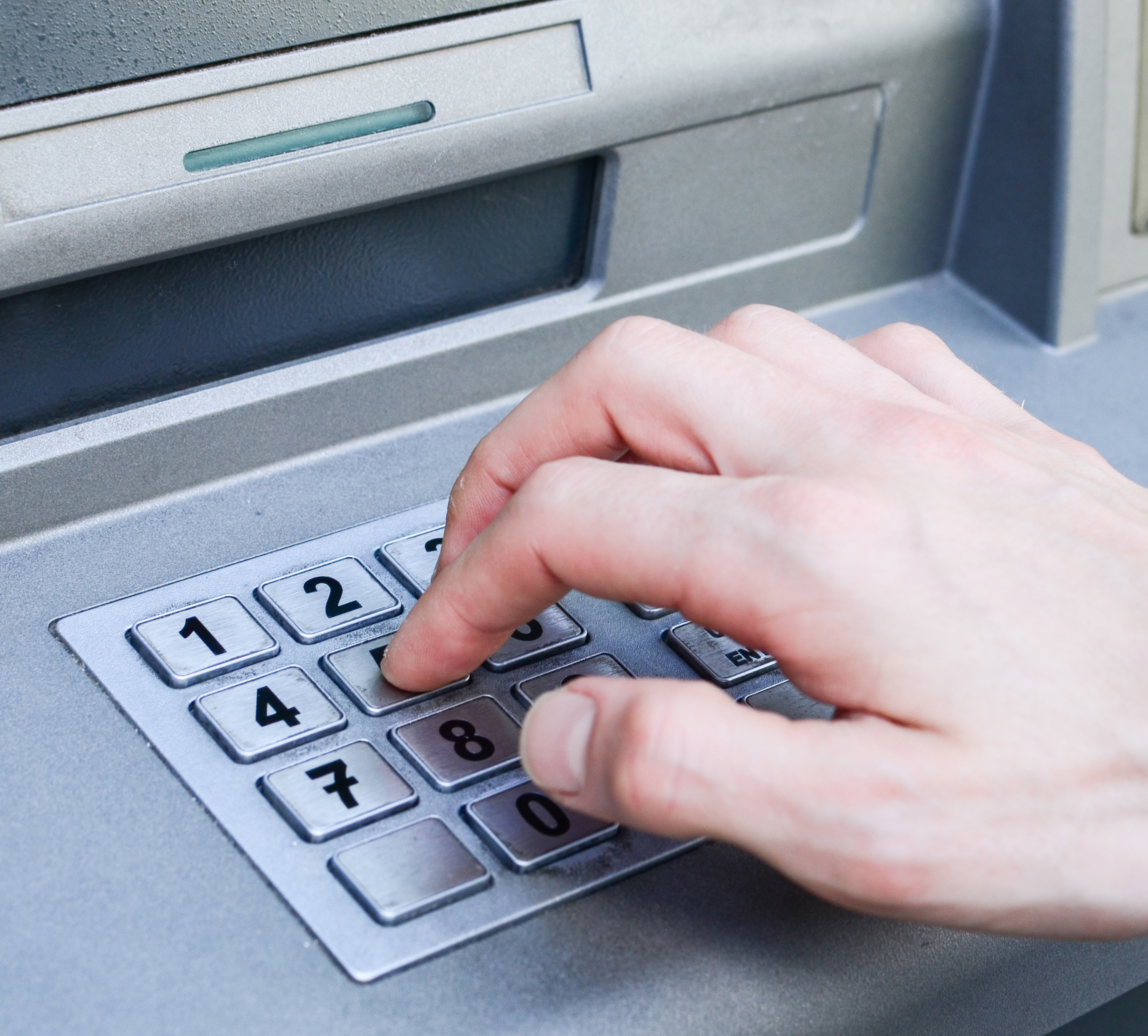News
ATM transactions fell by 37% in 2020

Guest Author:
Emma LunnAccording to Link, consumers visited ATMs 1.6 billion times in 2020 compared to 2.6 billion in 2019.
The sharp fall in ATM withdrawals has been attributed to coronavirus lockdowns.
In total, £81bn was withdrawn from cash machines in 2020, compared to £116bn in 2019, with UK adults withdrawing an average of £1,500 per person last year.
The past few years has seen consumers use alternative payment methods such as contactless cards or online payments, leading to ATM transactions falling about 10% on average year-on-year.
However, in April 2020, when the UK was in the early days of the first national lockdown, ATM transactions fell by 68%.
Despite subsequent lockdowns, on average more than £1.6bn was still withdrawn for cash machines every week for the rest of 2020.

Wellness and wellbeing holidays: Travel insurance is essential for your peace of mind
Out of the pandemic lockdowns, there’s a greater emphasis on wellbeing and wellness, with
Sponsored by Post Office
Overall, adults each withdrew around £660 less in 2020 than in 2019 but the average withdrawal value was £78 in 2020 compared to £67 in 2019 as when they did visit an ATM, consumers took out more cash.
On average, UK adults visited ATMs 12 times less in 2020 than they did in 2019 (20 versus 32).
Overall, ATM numbers declined with many ATMs temporarily closing for social distancing purposes or in premises such as cinemas and pubs that are closed due to restrictions.
John Howells, Link CEO, said: “The coronavirus has changed our relationship with cash. More people are now confident and happy to shop online or use contactless payments. Our research shows 75% say they will use less cash going forward.
“However, the sharp decline in ATM use brings significant problems. Cash machines are by far the most popular way of accessing cash, yet a 37% year-on-year drop in transactions places enormous strain on the cash infrastructure. As our data shows, despite the rapid decline in cash, millions of people still rely on it and aren’t ready or able to go digital. The good news is that the government has said it will be bringing forward legislation to protect access to cash, but this is needed urgently.”
Issues with payments provider ACI Worldwide for the past few days put a stop to card payments at Co-op and Morrisons. Customers at both supermarkets could only pay for groceries in cash.
Gareth Shaw, head of money at Which?, said: “While people are increasingly turning to digital payment methods as a result of repeated lockdown restrictions, our research shows that there are still millions of people who are not ready or able to give up cash.
“These consumers, who often rely on cash to pay for essentials such as food and medicine, risk having no local access to withdraw their money if the extensive closures to ATMs and bank branches continue at their current pace.
“Unless urgent action is taken the cash network could collapse. Legislation needs to be introduced as soon as possible to protect access, while the regulator must track cash acceptance, as legislation will be undermined if there is nowhere to spend it.”